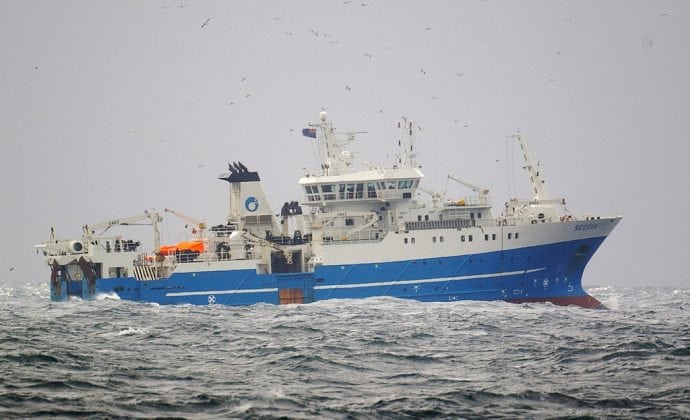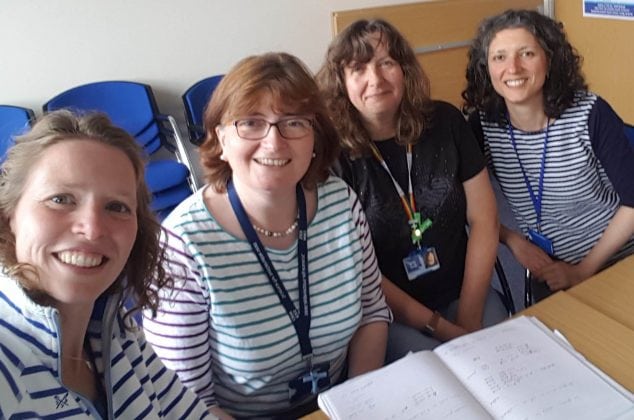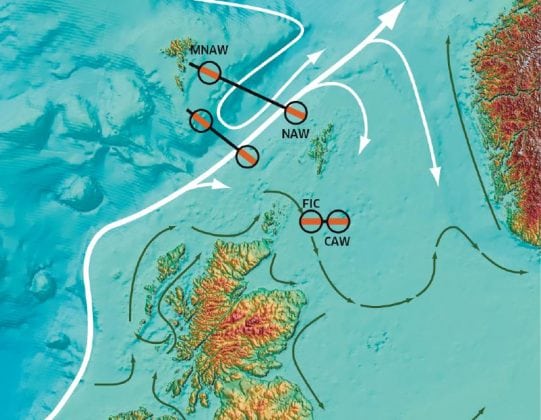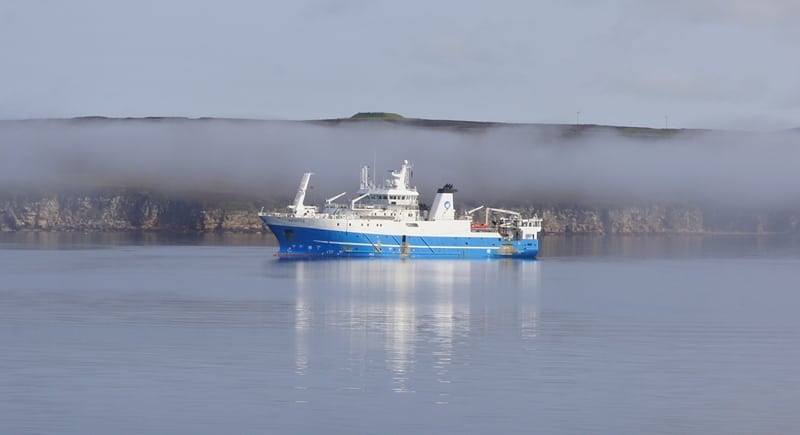Marine
-
Researching Blue Carbon – meet Alasdair O’Dell
23rd November 2018 by Marine Scotland Communications
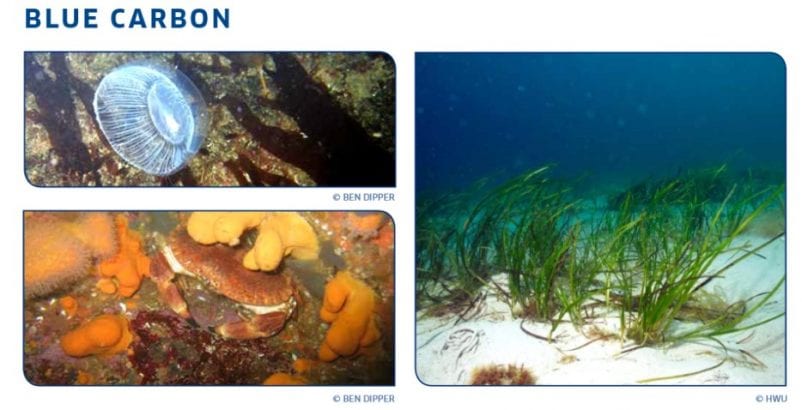
A new Scottish Government funded research programme into Blue Carbon began earlier this year as part of a commitment in the 2017-2018 Programme for Government. The current focus revolves around measuring the ability of various habitats to sequester carbon, understanding how it is stored for the long term, and building an evidence base on the...
-
Researching Blue Carbon – meet Hannah Lee
16th November 2018 by Marine Scotland Communications

A new Scottish Government funded research programme into Blue Carbon began earlier this year as part of a commitment in the 2017-2018 Programme for Government. The current focus revolves around measuring the ability of various habitats to sequester carbon, understanding how it is stored for the long term, and building an evidence base on the...
-
Researching Blue Carbon – meet Allan Audsley
9th November 2018 by Marine Scotland Communications

A new Scottish Government funded research programme into Blue Carbon began earlier this year as part of a commitment in the 2017-2018 Programme for Government. The current focus revolves around measuring the ability of various habitats to sequester carbon, understanding how it is stored for the long term, and building an evidence base on the...
-
Researching Blue Carbon – meet Corallie Hunt
2nd November 2018 by Marine Scotland Communications

A new Scottish Government funded research programme into Blue Carbon began earlier this year as part of a commitment in the 2017-2018 Programme for Government. The current focus revolves around measuring the ability of various habitats to sequester carbon, understanding how it is stored for the long term, and building an evidence base on the...
-
Water Sampling for Long-Term Monitoring – An Update 09/10/18
16th October 2018 by Marine Directorate Communications

Scotia left harbour at 09:00 on Friday 5 October. Our first objective was to deploy the Conductivity, Temperature and Depth (CTD) profiler at 18 stations along a line at 57° N going west from the Scottish East Coast to 2°E. Along with salinity (conductivity) and temperature, we measured dissolved oxygen, turbidity and fluorescence. We also...
-
Water Sampling for Long-Term Monitoring
15th October 2018 by Marine Directorate Communications

Survey: MRV Scotia 1418S Duration: 5-15 October 2018 Procedure: Scotia will make her way to the eastern start of the Nolso – Flugga (NOL) section and start collecting long term monitoring samples and taking CTD profiles. On a previous trip – the 0618S survey – a mooring in an AL500 frame also failed to surface...
-
Storm Frank Makes its Mark in SCObs Monitoring Data
27th July 2018 by Marine Directorate Communications

Aberdeen may be in the midst of a summer heatwave but scientists in Marine Scotland Science (MSS) have seen the footprint of Storm Frank while performing an in-depth quality check of data from the Scottish Coastal Observatory (SCObs) last week. Storm Frank impacted Scotland from 28th – 30th Dec 2015 bringing wide spread flooding and destruction...
-
Scottish Ocean Climate Status Report 2016 published
4th July 2018 by Marine Directorate Communications

A new report by scientists in Marine Scotland that examines the variability and trends in the physical conditions of the seas around Scotland in the last decade and further into the past has been published. Describing the conditions in 2016, the most recent year for which a full dataset is available, the Scottish Ocean Climate Status report shows that...
-
Recover, Download, Re-deploy, Repeat
4th May 2018 by Marine Directorate Communications

Survey: 0618S – MRV Scotia Duration: 2-12 May 2018 Gear: Sea-Bird CTDs, ADCPs and current meter instrumentation, water filtering equipment, mooring equipment, chemistry sampling and analysis equipment. Objectives: Perform hydrographic sampling along the AlterEco monitoring section in the northern North Sea, which will be sampled on all MSS oceanographic surveys in 2018. Perform hydrographic sampling...
-
Trans-Atlantic Co-operation
8th March 2018 by Marine Directorate Communications
The Woods Hole Oceanographic Institute (WHOI) in Massachusetts contacted Marine Scotland on the 20th February, requesting assistance to retrieve one of their gliders. The glider was deployed near Iceland, but had broken down and had been drifting at the surface since November 2017, and was now approaching the western coast of Scotland …fortuitously near to where...

